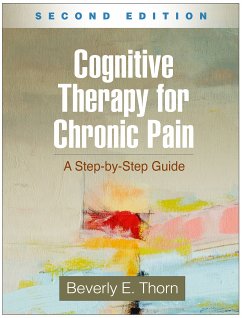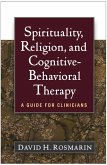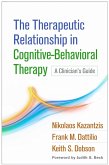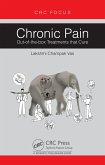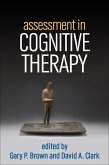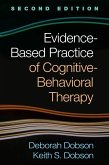This go-to manual--now revised and significantly expanded with more than 50% new material--has enabled thousands of clinicians to effectively treat clients with chronic pain. In the face of today's growing opioid crisis, pain self-management techniques are needed now more than ever. The volume shows how to implement 10 treatment modules that draw on proven cognitive-behavioral therapy (CBT) strategies. In a convenient large-size format, it includes 58 reproducible client handouts and assessment tools that purchasers can photocopy from the book or download and print from the companion website. The website also offers access to downloadable audio recordings of relaxation exercises narrated by the author, plus supplemental resources for treating clients with lower levels of literacy.
New to This Edition
*Incorporates over a decade of important advances in pain research and clinical practice.
*Treatment modules that allow clients to enter a group at any point after an introductory session.
*Expanded with motivational enhancement, relaxation, and mindfulness techniques.
*Many new handouts, assessment tools, and therapist scripts, as well as audio downloads.
*Orients and engages clients using state-of-the-art research on how the brain processes pain.
New to This Edition
*Incorporates over a decade of important advances in pain research and clinical practice.
*Treatment modules that allow clients to enter a group at any point after an introductory session.
*Expanded with motivational enhancement, relaxation, and mindfulness techniques.
*Many new handouts, assessment tools, and therapist scripts, as well as audio downloads.
*Orients and engages clients using state-of-the-art research on how the brain processes pain.
Dieser Download kann aus rechtlichen Gründen nur mit Rechnungsadresse in A, D ausgeliefert werden.

